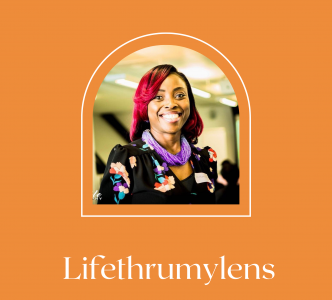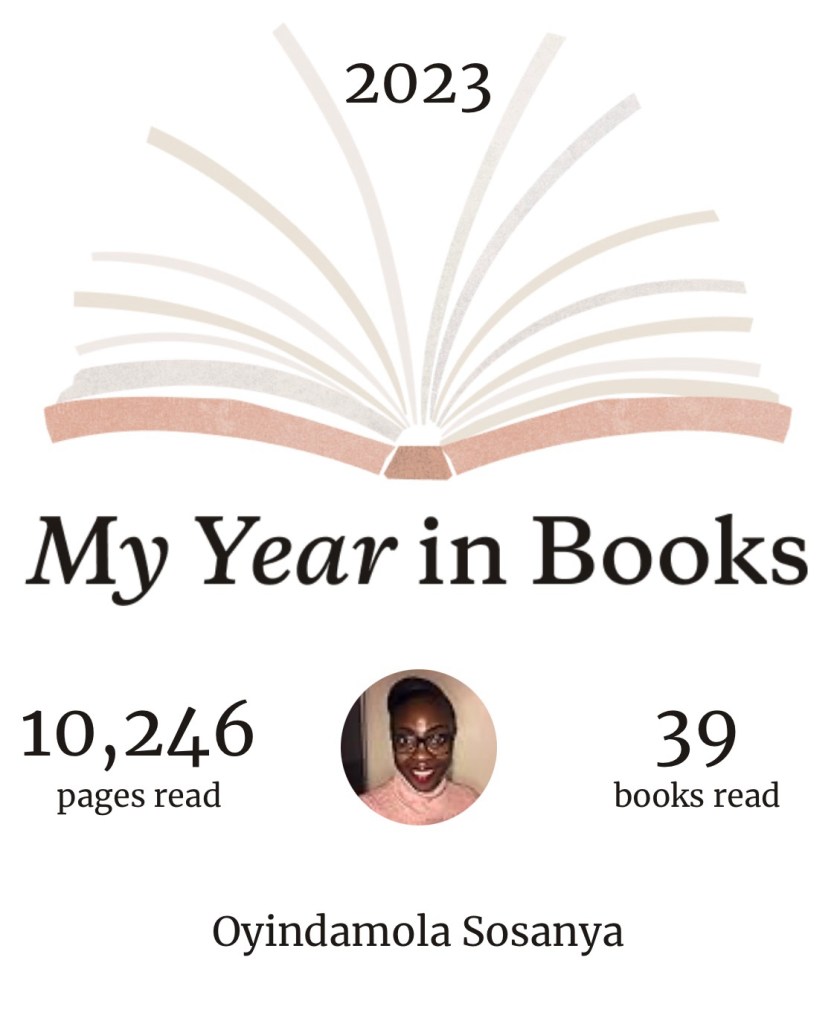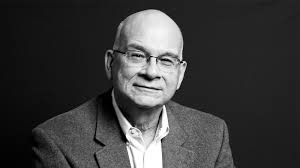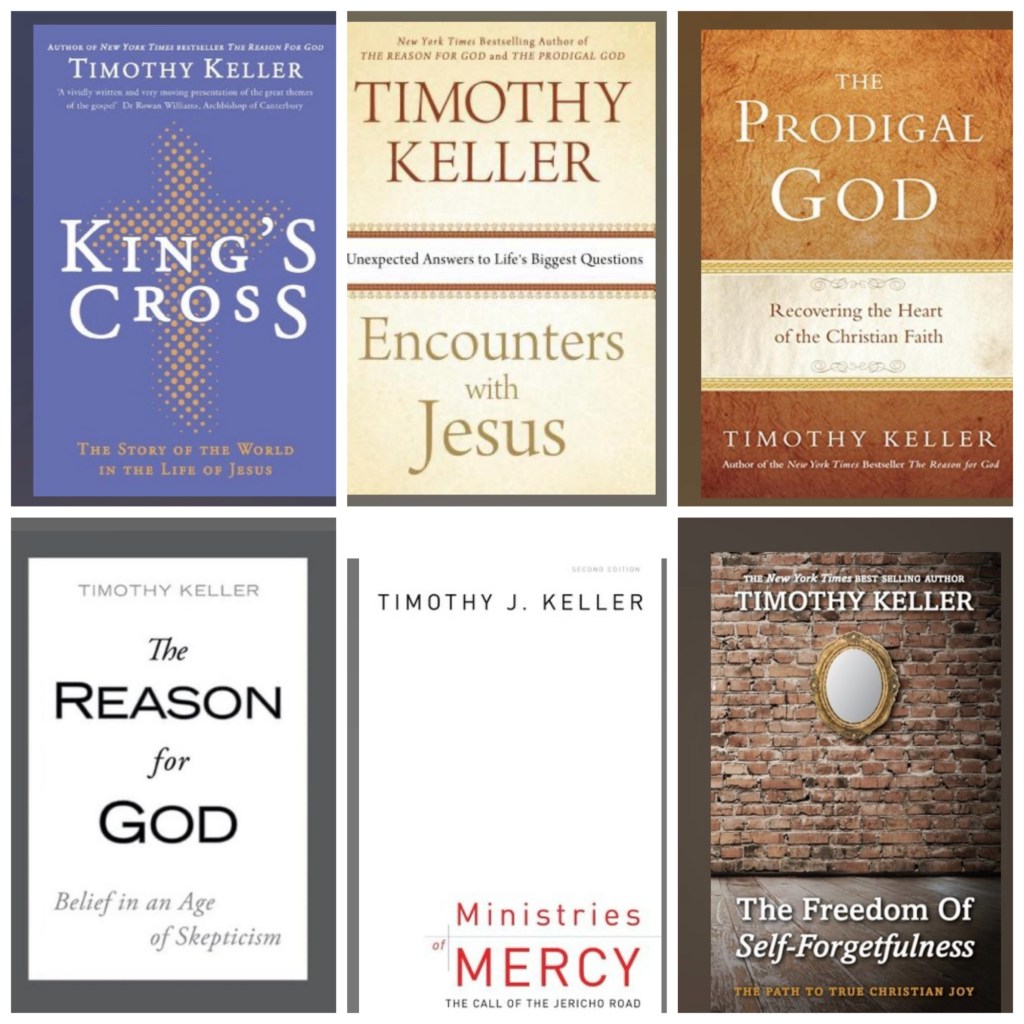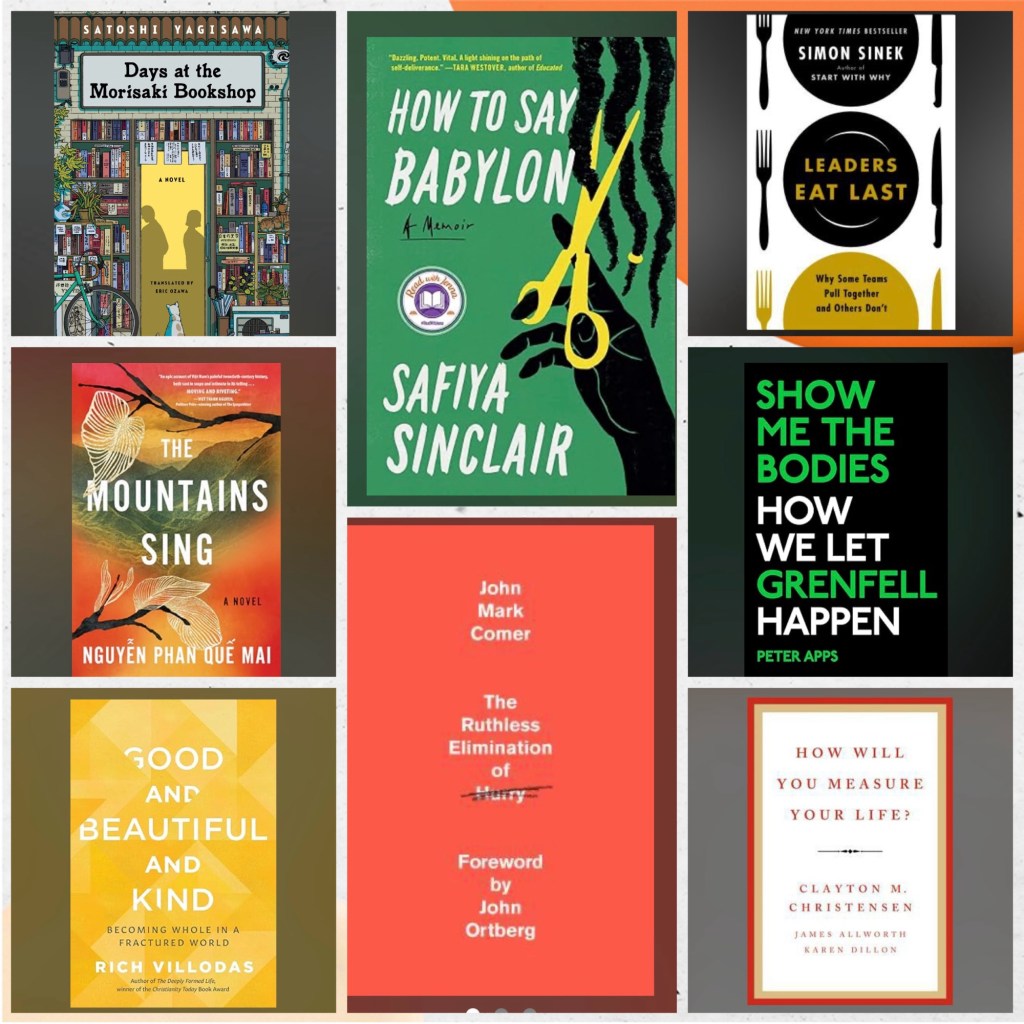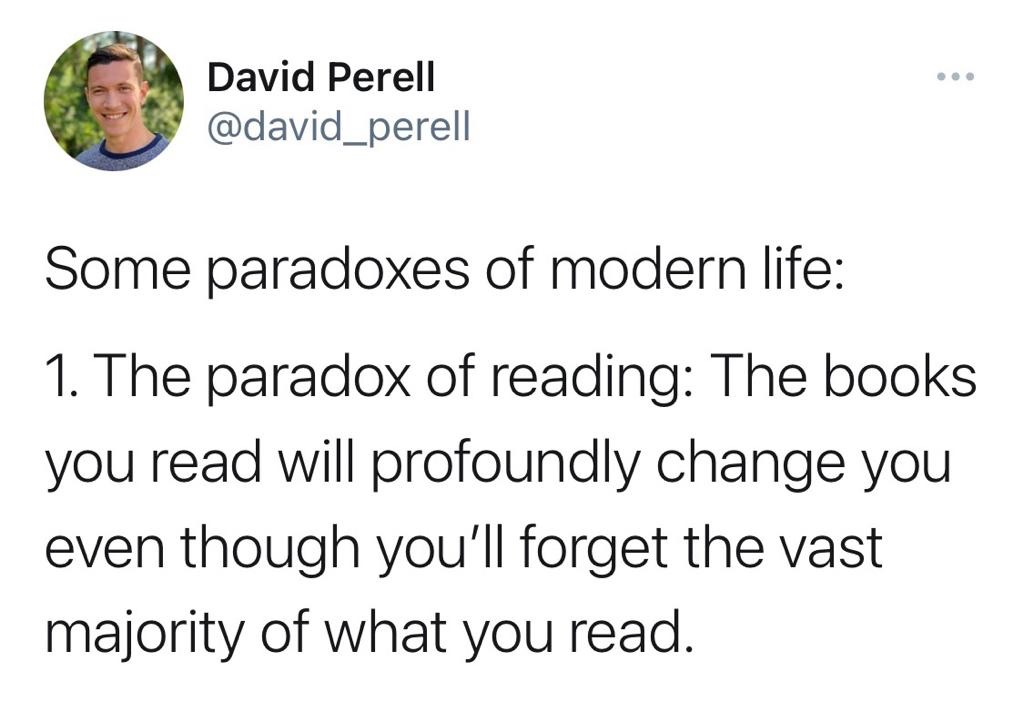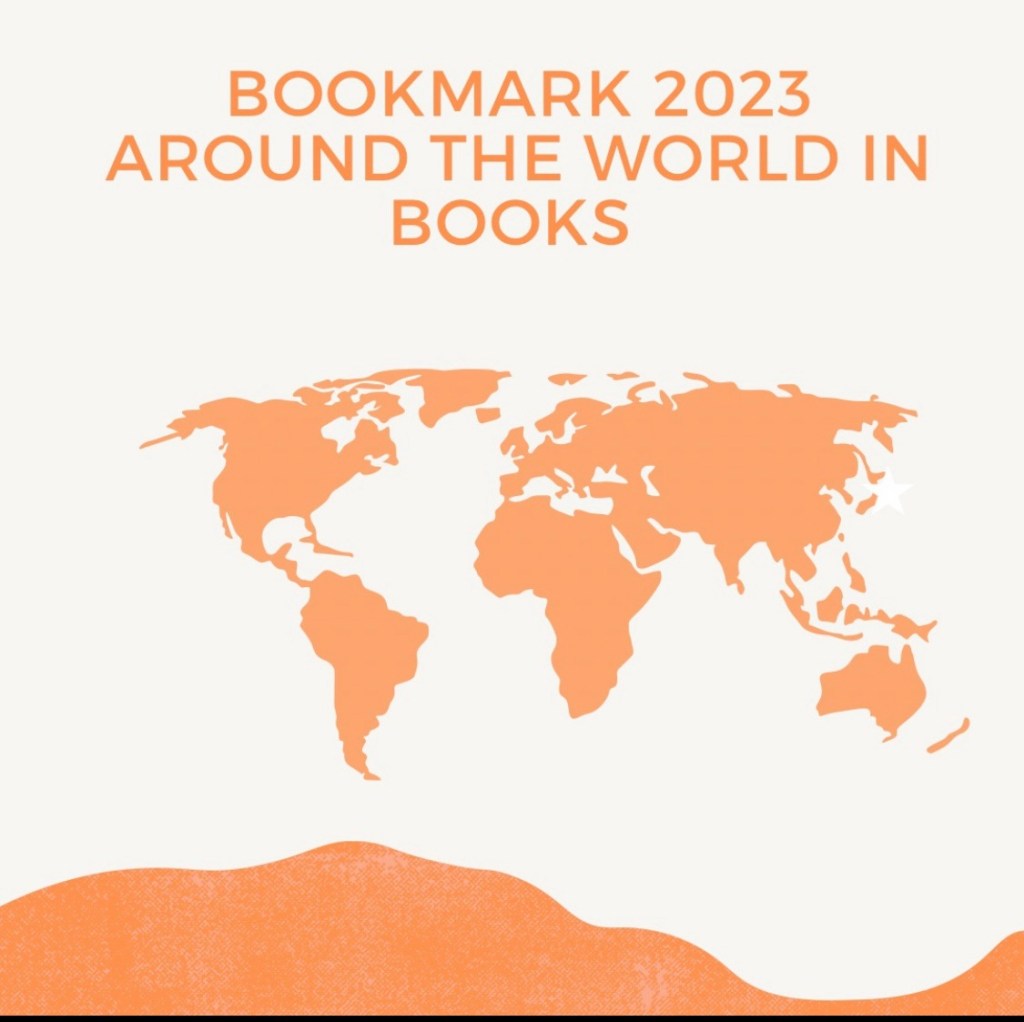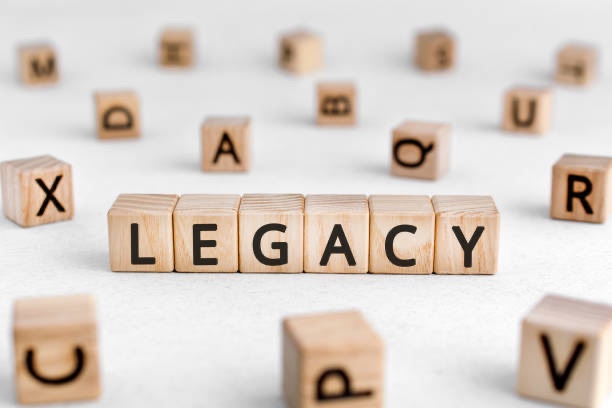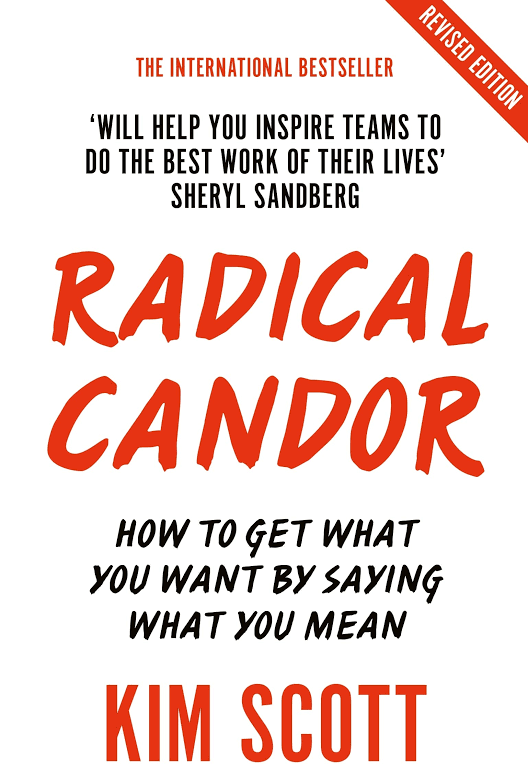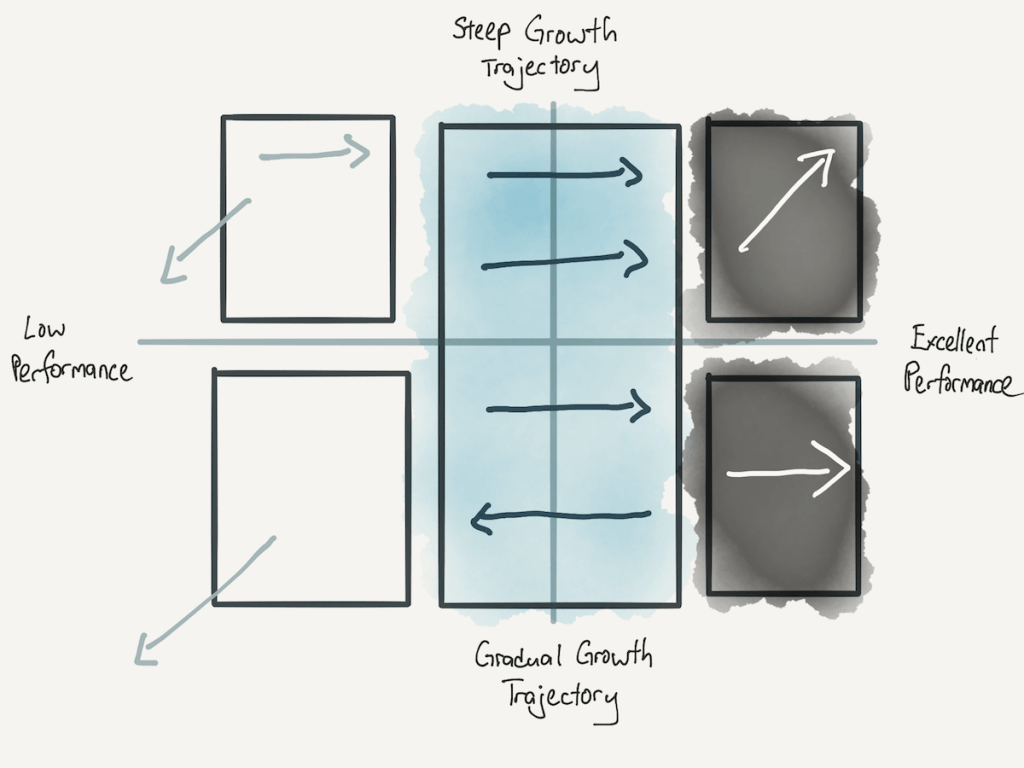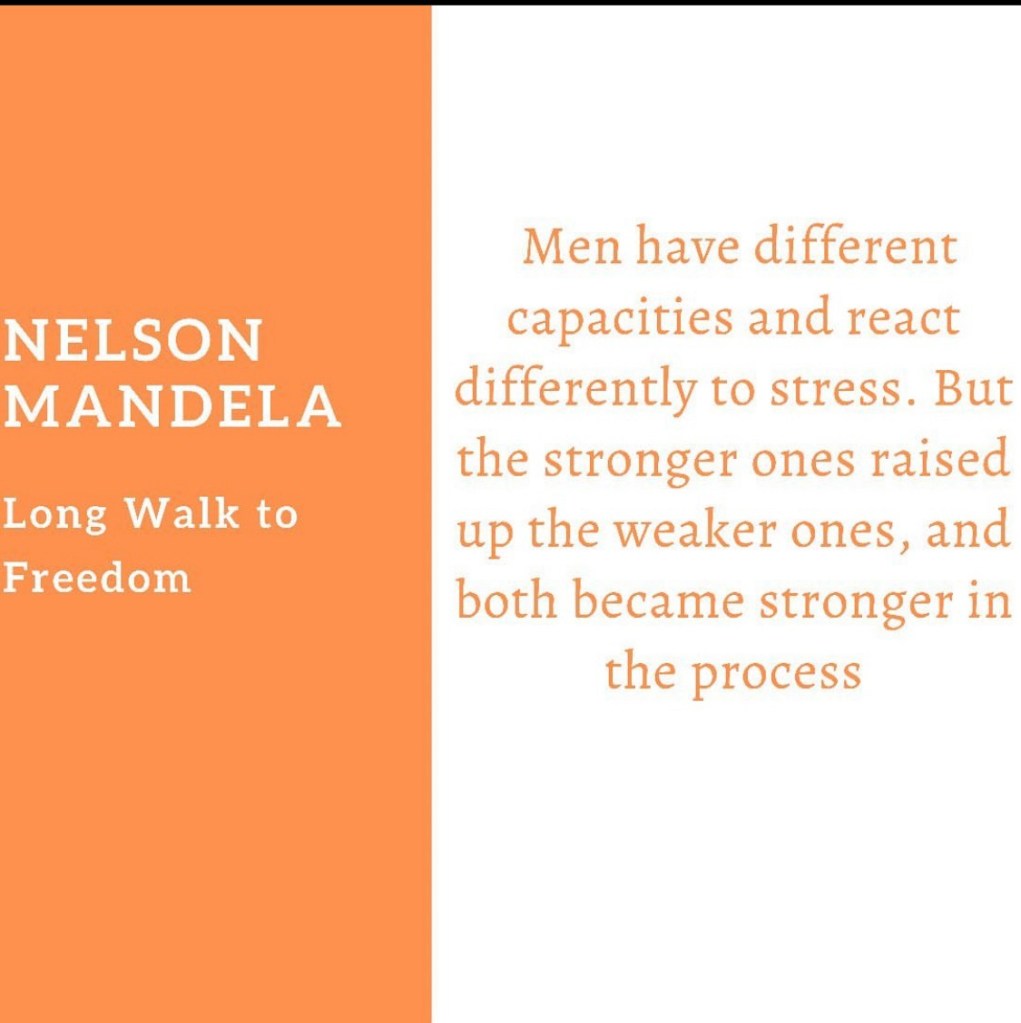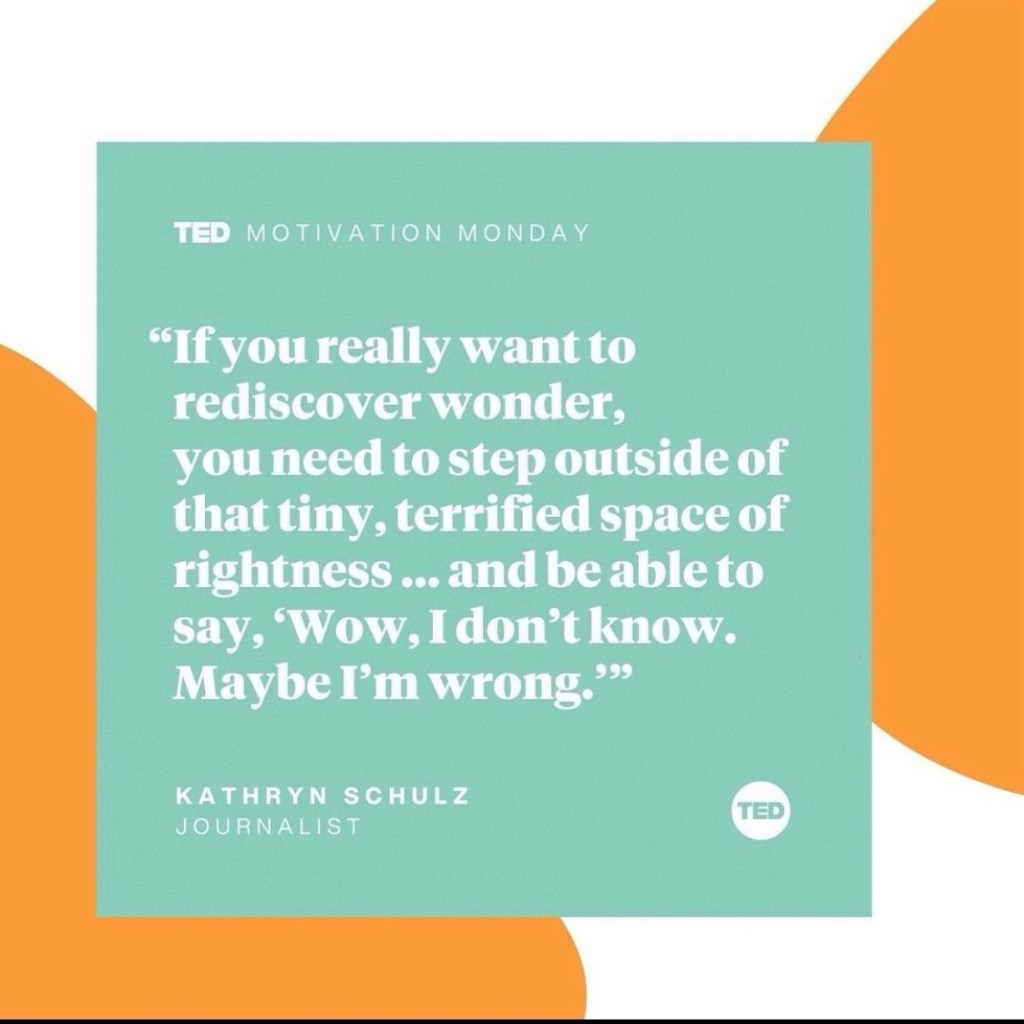
My working week is packed with lots of peopling (a term I have co-opted which means being in the company of lots of people) for ALOT of time.
The nature of my work means that I am in a lot of meetings, workshops and spending large amounts of my time with different people about different things. My peopling doesn’t end also on week days as I serve as a minister in my local church which means Sunday mornings ( and some afternoons) is also spent in the company of people outside my immediate family.
It’s something I generally enjoy as I would describe myself as a people person. That said, this amount of constant peopling has awakened or rather rekindled my need for solitude. While I would appear extroverted, I have found that withdrawing or being by myself is required for me show up as my best self at peopling.I share this to provide some context to the title.
What does it truly mean to see a person?
It might seem ironic but I find that the more people you spend time with, the lower the chances are that you actually see them. Spending time in solitude either praying, reflecting or meditating has given me the space to think about how often I truly see people despite constantly being surrounded by them.
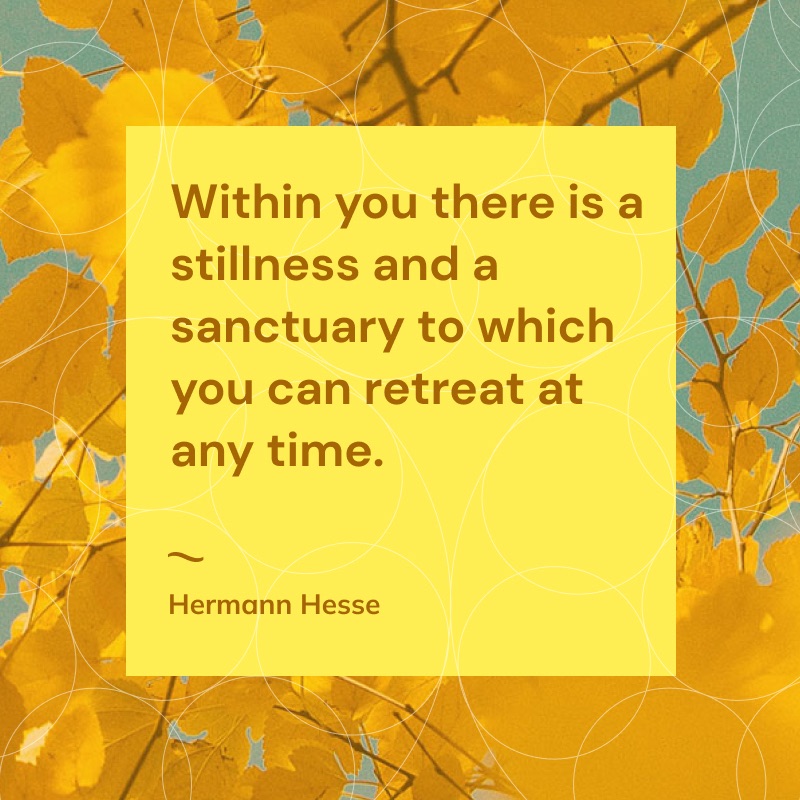
I have italicized see to emphasize seeing a persons humanity and not just physical sight. In the bid to get the results or outcomes, there is a higher likelihood that I begin to care more for people’s perception of me rather than seeing them as a person.
The more I care about perception, optics, procedures, processes ( and I am such a process driven person) and all the other things we put in place to manage people,the less I care about them as humans.
They become stakeholders, members, staff, volunteers, sales targets, users ie numbers that I need to mold or influence to get what I need.
If they hold differing opinions on certain issues, there is a chance I might even begin to view them as stumbling blocks. Their humanity gets lost and I begin to view them as a means to an end or “resources” ( no offence meant HR professionals).
All I have described seems quite sinister but really isn’t. It’s what happens as most of us go to through the daily grind of trying to serve or earn a living. Most people ( not all) don’t start with the intention of viewing fellow humans as numbers.
It just happens!
We can even define them as a coping mechanisms as it’s nearly impossible to have the capacity to truly connect with people on a personal level in large numbers.
Relationship building is an intentional activity which requires giving of ourselves in ways that is difficult to scale in large numbers. It’s easier to see less people!
I am a Christian and follow the example of Jesus Christ in most things. Even he had a core group of 12 disciples despite having lots of followers.
We read his story of feeding 5 thousand and we didn’t get to read the name of even one of those 5 thousand meanwhile we get to read about the 12 in some detail.
Research has shown that 5 to 7 is the optimal number of direct reports or people one person can effectively manage/lead to drive the best results. This is especially true for work that requires executing some kind of shared vision.
Great leadership is not just about instruction, delegation or decision making. It also comes with an ability to inspire and empower those being led towards working together to achieve common goals.
Being able to influence or inspire to achieving a goal often occurs when individual in the group feel seen. The parameters or markers of being seen will differ from individual to individual but it takes some intention and work. It takes going past the numbers/task and trying to connect with people on a personal level.

At the core of this is the understanding that people are at the core of achieving most organizational, societal or cultural goals.
People who feel seen are more likely to be engaged and an engaged person often translates to greater participation. Greater participation creates ripple effects which invariably leads to better outcomes.
While it would be impossible( and probably not wise) to build relationships with every SINGLE person I come across in work and vocation, this piece is a reminder to myself and others to keep people at the forefront of what I do.
To make an effort to see those I serve even when it’s difficult.
To care for people over caring about what they think about me.
It might mean being discerning enough to figure those who need to be seen and when.
Being seen might not be an ongoing activity in certain situations. Perhaps learning to adapt to where and when it’s needed could be the skill that we all need to learn
This could take the form of;
Being understanding with that colleague going through a tough personal patch and it’s impact on their performance
Reaching out to that parish member who is caring for an ailing parent while also dealing with other life issues
Noticing and encouraging that parent on the train with the crying toddler when all they can feel is the judgement of other passengers
Being the one who acknowledges the issues a ‘challenging’ customer has faced and choosing to apologise for the service failings
Choosing to listen to a colleague’s idea about solving a problem even if you have a different solution
The list above is by no means exhaustive but these are one off situations in which we can make people feel seen. In the broader sense, making people feel seen requires an effort to go beyond the surface to take the time to build relationships and in turn trust.
I was asked recently on what I considered the most important element of leadership. For me it’s trust.
I won’t go into the details of this( maybe in another blog post) but trust takes effort and can be fundamentally summed up in “I feel/know this person has my back”. To feel that, you have to gone through various phases and iterations of feeling seen by said individual.
It’s easy to revert to coping mechanisms but writing this has made me reflect on how I can get better at seeing people. I hope reading this makes you do the same too.
Thank you so much for reading and hope you have a great weekend.
